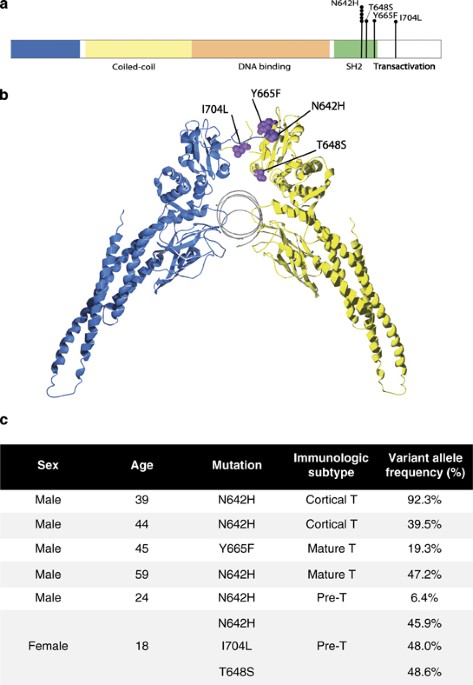- Select a language for the TTS:
- UK English Female
- UK English Male
- US English Female
- US English Male
- Australian Female
- Australian Male
- Language selected: (auto detect) - EN
Play all audios:
What started as a conversation among some of Detroit’s national-board-certified teachers in 2007 is coming to fruition this fall, as the city’s first teacher-led school opens. “The students
are going to see the teachers are accountable for what is happening in the building. And as teacher accountability increases, so does student accountability,” said Kimberly Kyff, one of the
teachers who has helped develop the school. “You can set the bar high, and students will meet that in any school setting. We are hoping that this gives them inspiration.” The school will
start with children in prekindergarten through grade 4 and build up to grade 8. The school day will be extended by at least 90 minutes past the six hours of instruction Detroit school
children get daily, and the school year will also be extended—most likely going through late July, as the district’s summer school program does. Parents seeking admission for their children
will have to have to sign a parent compact, still being developed, that will address issues such as attendance expectations. For the first few years, an “executive administrator” will help
teachers with the required reporting, such as budget and enrollment, while teachers focus on curricular issues. Michelle Ballard, an 18-year veteran of Detroit’s school system, said she and
her fellow teachers view the new school as an opportunity to “change the conversation about DPS.” So much of the focus on Detroit’s schools is on its messy governance, abysmal test scores,
and $363 million-and-growing deficit, but Ballard said such a narrow focus ignores the hard work of teachers and students. Kyff, who was the 2007 Michigan Teacher of the Year, agreed. “You
can walk into any school in the city and there are positive things going on,” she said. Ballard said she hopes the school can serve as a spotlight for what works and encourage other teachers
to take the lead. “With our plan, we want to show what happens when you use the components of highly-qualified teachers, best practices, and up-to-date research,” Ballard told me. “When you
pull all of that together, it should equal achievement of students through learning. That’s what we are all about.” The schools will be managed by a committee of teachers, and will include
the use of both “looping,” which is when students have the same teacher for more than one year, and team-teaching. Kyff told me she is looking forward to the flexibility teachers will have
to make the educational setting work in a way that maximizes the goals they have for students. “By having more shared leadership, we are hoping that we are going to be able to cut through
the bureaucracy. We will be able to see changes that need to happen and make them immediately,” she said. Ballard and Kyff, who were both certified by the National Board for Professional
Teaching Standards in 2003, say they plan to encourage those teachers at the new school who aren’t yet national-board-certified teachers to go through the process.






